


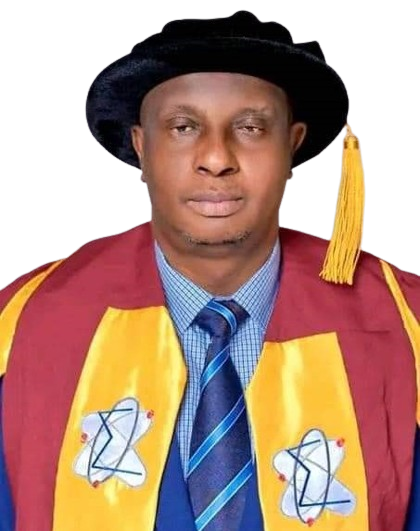
Dear students, staff, and visitors,
It is my great pleasure to welcome you to Joseph Sarwuan Tarka University, Makurdi. As the Vice Chancellor of this esteemed institution, it is an honor to lead an exceptional community of scholars, researchers, and learners.
Our university is committed to providing a dynamic academic environment that fosters critical thinking, innovation, and creativity. We offer a wide range of undergraduate and post-graduate programs that prepare our students for successful and fulfilling careers in various fields.
We take pride in the diversity of our community, and strive to promote inclusivity and equality for everyone. Our colleges and staff are dedicated to providing top-notch education, research opportunities, and support services that empower our students to achieve their fullest potential.
I encourage you to explore all that Joseph Sarwuan Tarka University has to offer, and to engage in the many opportunities available to you. We look forward to a successful and rewarding academic journey together.
Sincerely,
Professor Isaac Nathaniel Itodo
Vice Chancellor
Joseph Sarwuan Tarka University, Makurdi.
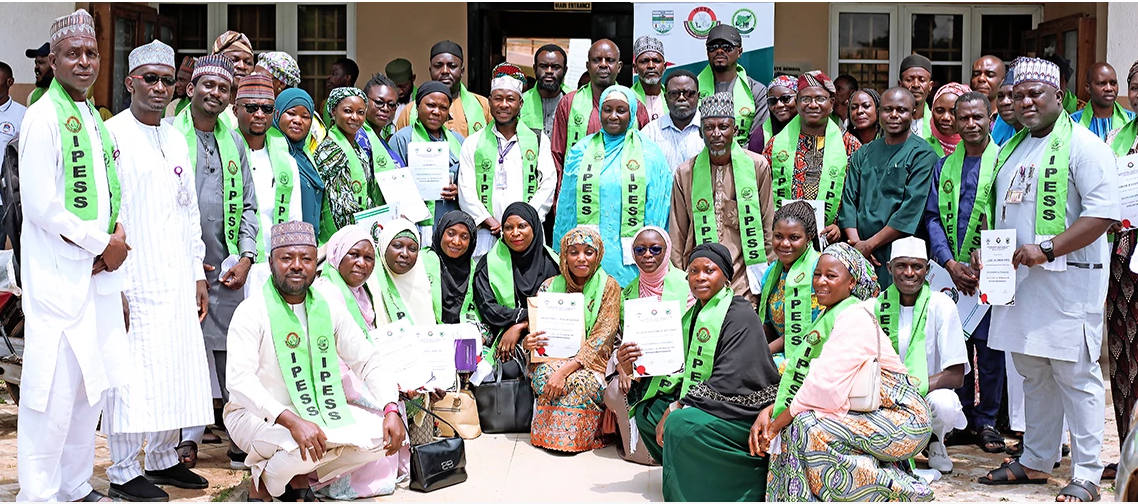
The economy of Nigeria has grown at an average annual growth rate of 3.7 in 2023-2024 (GDP at $242 billion in 2024) and is among the largest in Sub-Saharan Africa. Yet over 46% of its population lives in poverty. Weak public procurement systems contribute to inflated contract costs and corruption, while inadequate environmental and social (E&S) standards exacerbate climate vulnerabilities, conflict and gender inequalities.
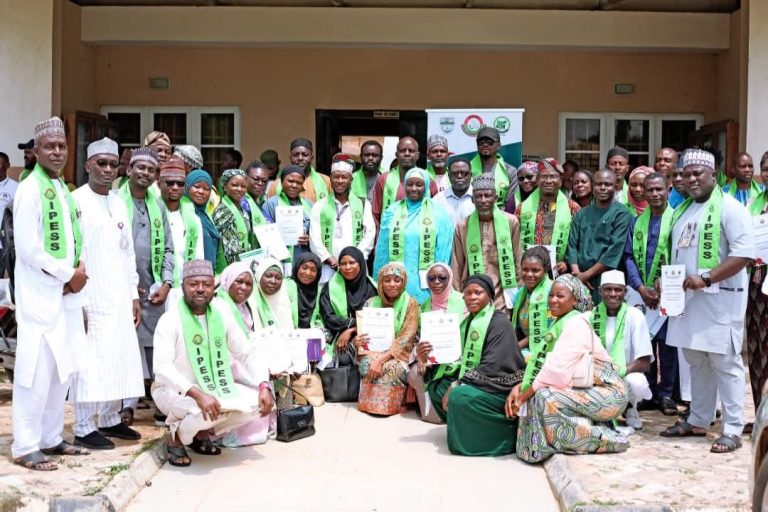
The Institute of Procurement, Environmental and Social Standards (IPESS) at Joseph Sarwuan Tarka University, Makurdi (JOSTUM), held valedictory sessions on Friday, simultaneously in Minna and Lokoja for 140 trainees in the Advanced Certificate Course Track B programme in Minna and Lokoja in Niger and Kogi States, respectively.

“Prof. Itodo’s rise to the exalted office of Vice-Chancellor was a testament to his diligence, hard work, and selflessness in pursuing academic excellence, social productivity, and community service”
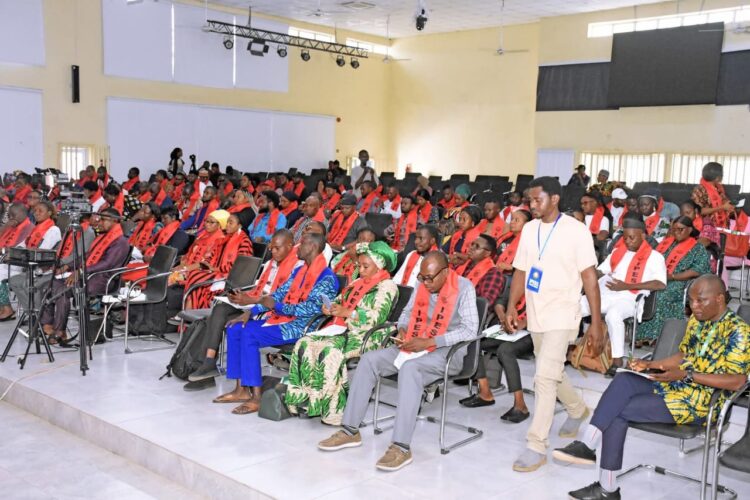
Quote: “Let me say that the trainings offered through IPESS-JOSTUM are more than just courses; they are career-shaping experiences. I encourage more professionals to seize the opportunity, invest in themselves, and join this transformative journey.”
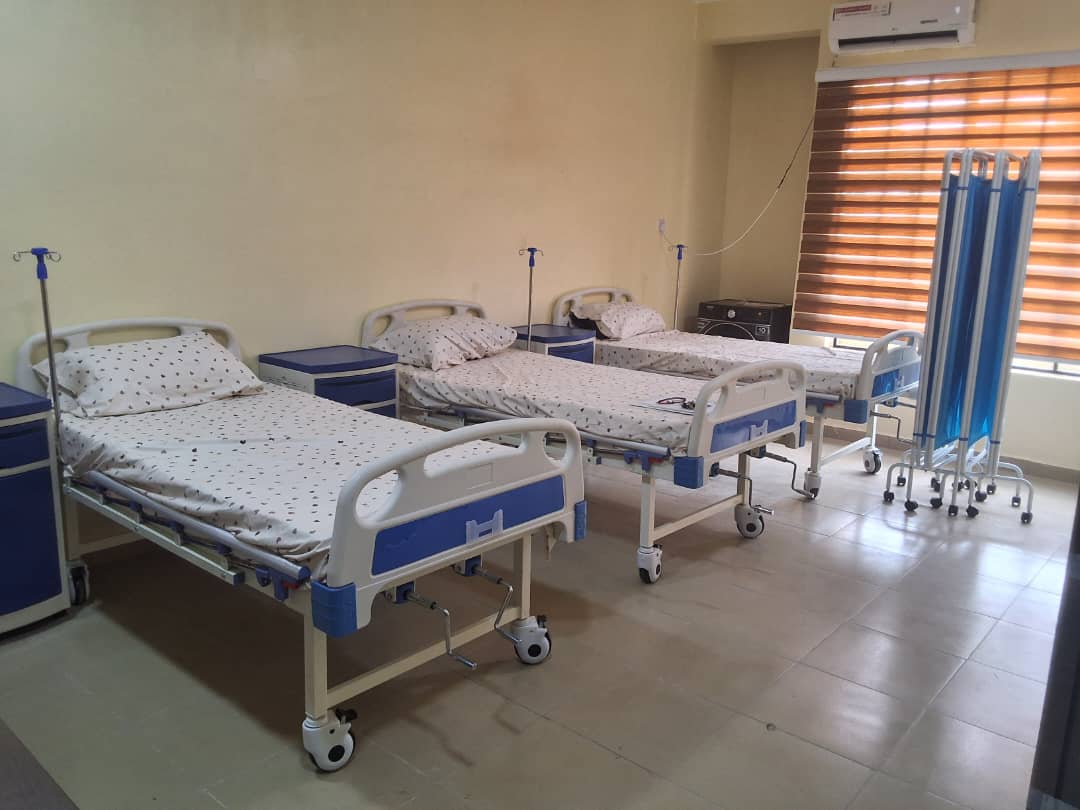
The official commissioning of the IPESS Landscape Project and the IPESS Sick Bay by the Vice Chancellor and Principal Officers of the Institute was held today, 1st August 2025.
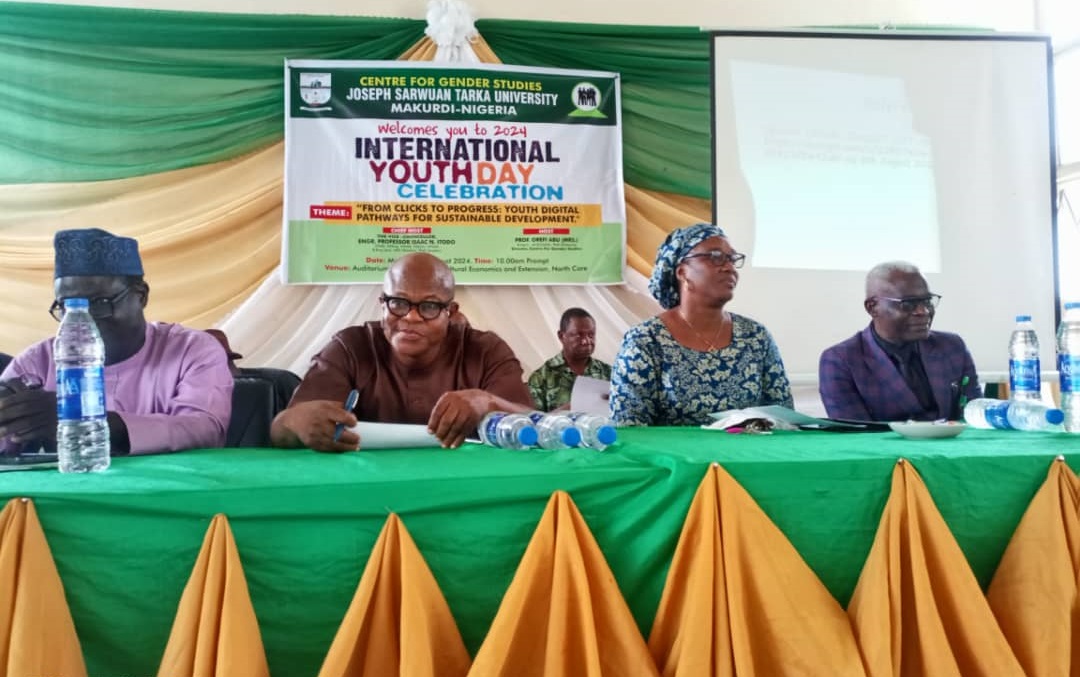
In her welcome address, the Organizer and Director, Center for Gender Studies, Prof. Mrs. Orefi Abu said the International Youth Day is a day chosen by the United Nations celebrated globally every year to recognize young people’s vital contributions – and the need to release the potentials that they hold towards development and global economy.
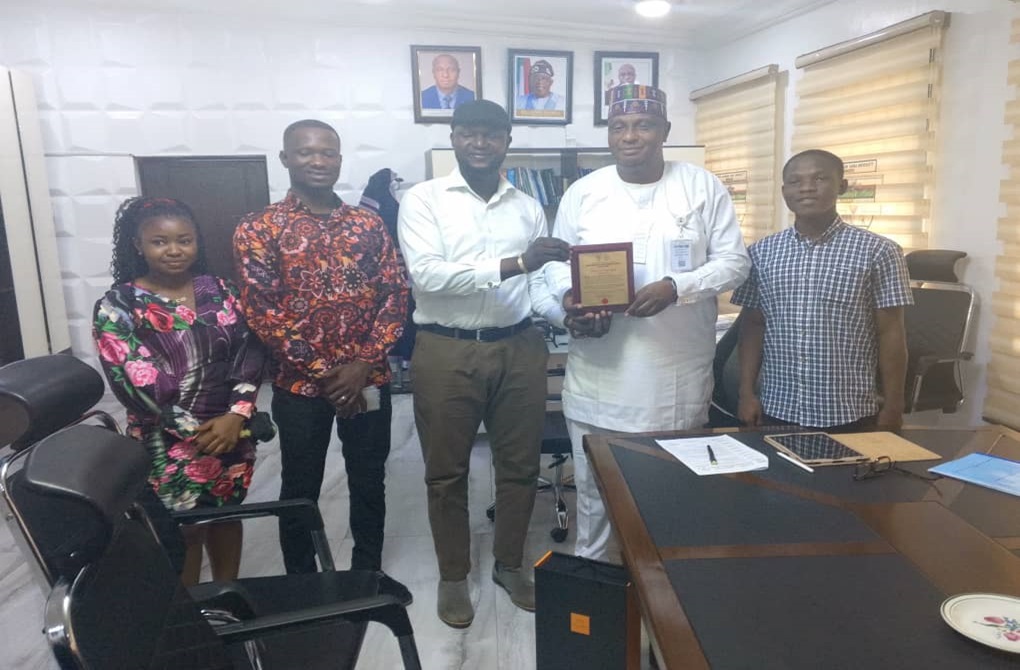
According to the President of the Association, Abdulmajid Ibrahim Abdullahi, the manner in which the VC swiftly addressed these concerns that have lingered for the past five years, is commendable.
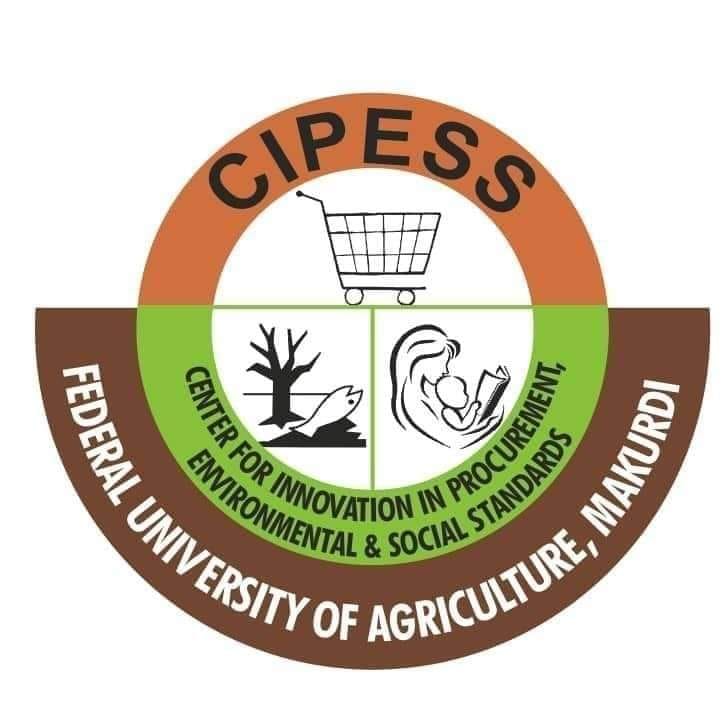
Postgraduate Diploma (PGD) and Master of Science (M.Sc.) students admitted for the 20203/2024 academic session at the Center for Innovation in Procurement, Environmental and Social Standards (CIPESS), Joseph Sarwuan Tarka University, Makurdi (JOSTUM) were on Tuesday, 28th May, 2024 hosted to an orientation event at the College of Forestry and Fisheries Auditorium, JOSTUM.
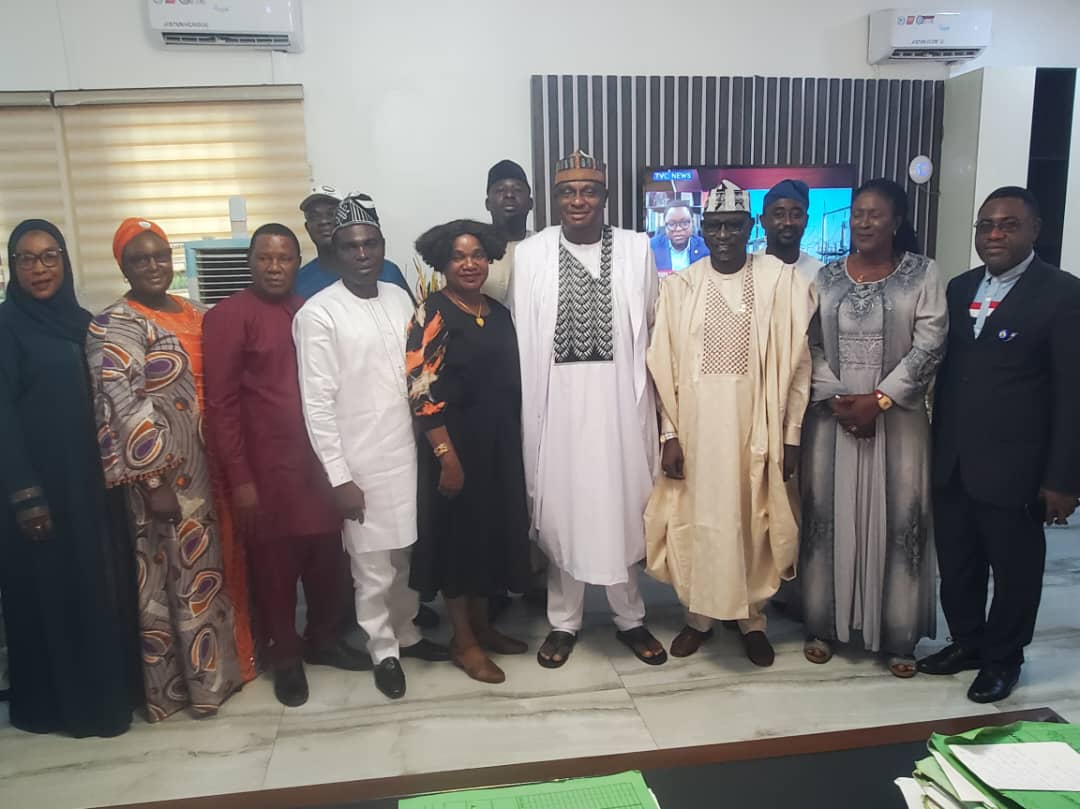
This 10th regular edition of the Zonal Executive Meeting (ZEC), pulled delegations from the North-Central Zone to deliberate and address pressing concerns of the Union, with the view to proffering best solutions for the leaders and the led.
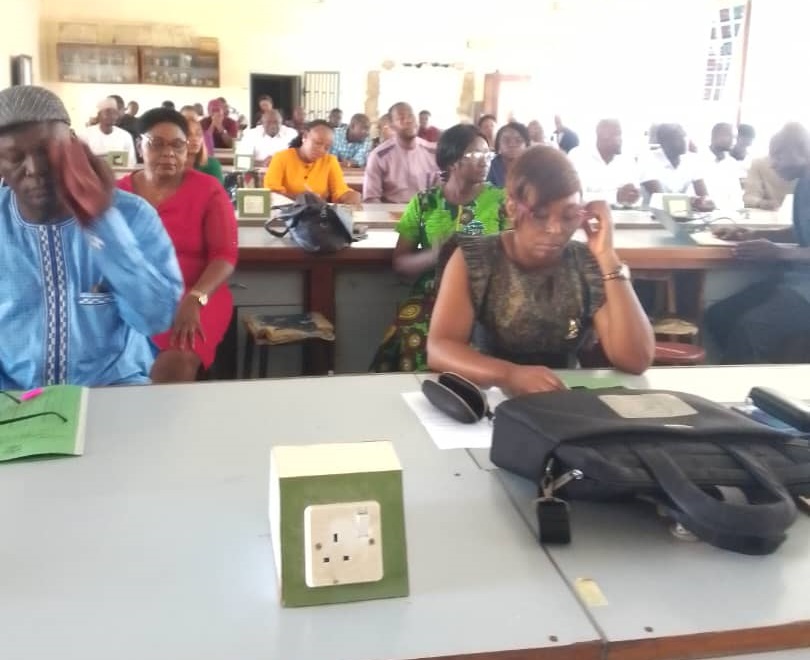
The College of Biological Sciences, Joseph Sarwuan Tarka University, Makurdi (JOSTUM), on Tuesday, May 14, held a one-day Sensitization Seminar on Examination Conduct and Invigilation Best Practice.
Education for Individual and Social Responsibility
